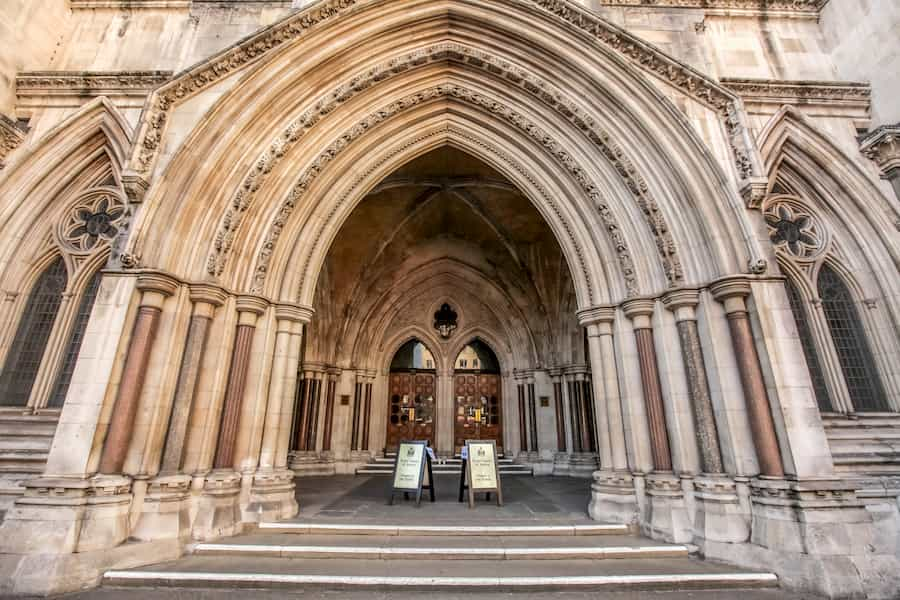
D-day For Reply: Medical Experts In Family Proceedings
Response to consultation
D-day for replies to the consultation report of the Working Group on Medical Experts in the Family Courts of the President of the Family Division is 31 January 2020.
Consultation questions are on page 53 of the report. Practitioners – medical, legal and judicial – are urged to respond to the questions, and to put forward any other ideas they may have. This article gives the background to the report and suggests a couple of reforms that may help proceedings for children.
The working group, under Mr Justice Williams, intends to present a final report to the President by ‘Spring 2020’ (page 4). The group surveyed members of the medical and legal professions (412 and 297, respectively) and concluded (page 6):
“The results of the legal survey confirmed that difficulties in securing expert witnesses were experienced across the country and in a wide range of specialisms. The impact of the shortages was principally in creating delay although there were also concerns about the quality of some expert evidence which appeared likely to be linked to the shortages.”
The pool of experts is diminishing, mainly due to poor legal aid remuneration, poor court procedure, lack of training and ‘perceived criticism by lawyers, judiciary and press’ (page 7).
A surprising aspect of the report is that it is low on law – what is the law relating to opinion evidence? – and on ideas to improve the way this evidence is received by the family courts.
So, why opinion evidence? Judges are lawyers. They do not generally have expertise in other areas calling for expertise. The law was – still is – that witnesses may only give evidence of fact. There developed the idea of the witness who, thanks to his or her expertise, could express an opinion on facts in a case.
In exchange for this, the witness must be impartial. In a sense the opinion witness was the court’s witness. Civil Evidence Act 1972 s 3(1) confirms this. Evidence from a witness is ‘admissible’ where the witness ‘is qualified to give expert evidence’; and if the witness is not ‘qualified’ he or she can still give evidence of fact.
Independence and impartiality: the single joint expert and assessors
What defines expert evidence: it is that the witness provides a view which is impartial regardless of who pays the bill (emphasised by FPR 2010 r 25.3).
So why not make the expert – as with the Cafcass officer – the witness of the court, funded by Ministry of Justice? The judge would control any cross-examination and who is called to give expert evidence. Only in exceptional cases would parties be permitted to call their own opinion evidence. Most cases would proceed on written evidence and replies to questions. There would be the possibility, on application, of video cross-examination being allowed.
This would reduce costs and speed up decision-making (to the advantage of children. Let’s turn the telescope around. If a proposal – such as this – can work without adverse consequences to children, surely it should be seriously considered.
A little used procedure exits under Senior Courts Act 1981 s 70(1), for appointment of assessors in civil proceedings. A court may ‘call in the aid of one or more assessors specially qualified and hear and dispose of the cause or matter wholly or partially with their assistance’. I doubt this procedure is ever used in family proceedings. It could be to the considerable advantage of children: for prompt decision-making and, especially, where a single issue needs to be resolved.
These reforms require no substantive law reform: just a change or two to the rules. If it is to the welfare of children, why not let’s pilot the idea?
All responses are to be directed to wgmedical@ejudiciary.net










